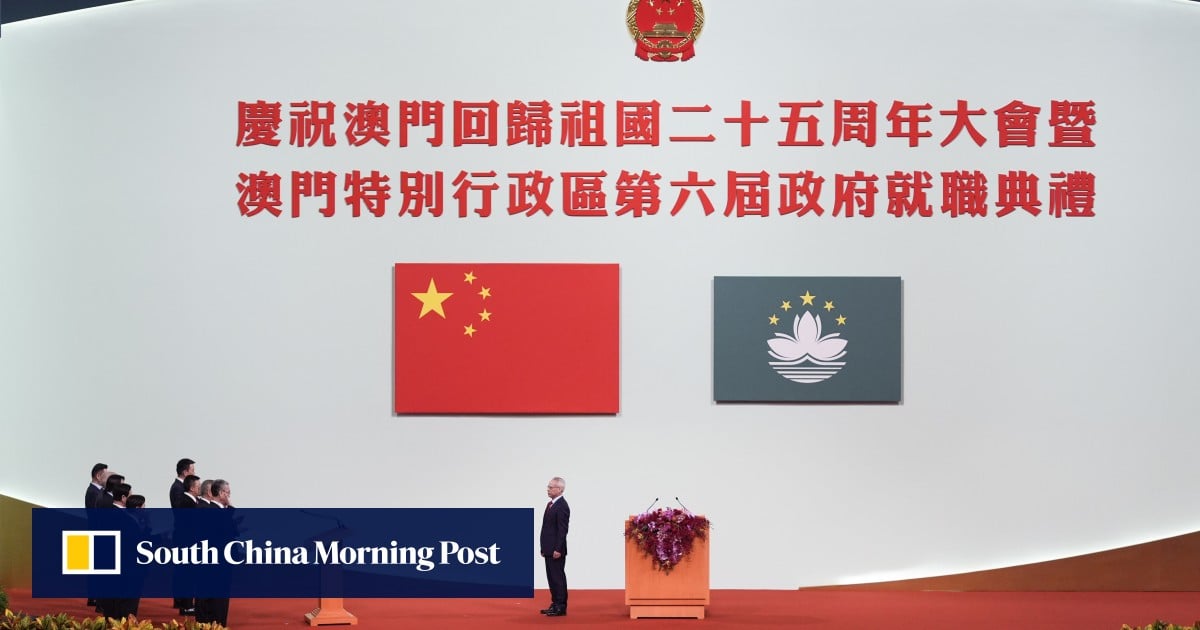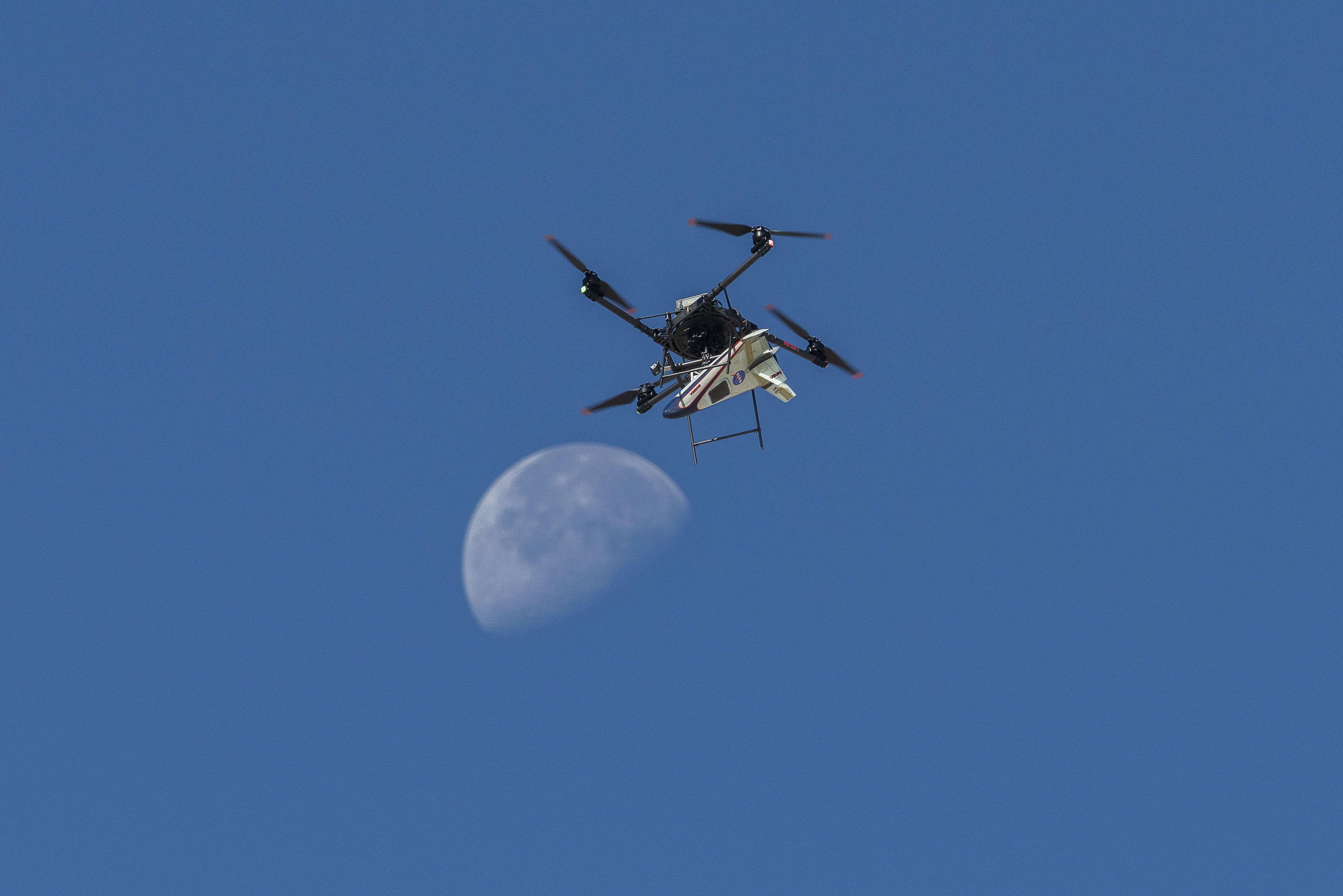India’s reopening of its embassy in North Korea marks a strategic recalibration of New Delhi’s foreign policy, analysts say, aimed at addressing national security concerns linked to missile proliferation and maintaining influence in a region shaped by volatile geopolitics.
According to media reports this week, India has decided to resume normal operations at its Pyongyang embassy, three and a half years after it was closed due to the pandemic, by dispatching technical staff and diplomatic personnel to North Korea.
Abhishek Sharma, a research assistant at the Observer Research Foundation in New Delhi, told This Week in Asia that India’s decision must be considered a strategic decision shaped by three factors.
The first is “concerns regarding the proliferation of nuclear, ballistic, and hypersonic missile technologies to Pakistan, which impacts India’s national security directly”.
The second is “Pyongyang’s rising strategic profile in the Northeast Asian region and Indo-Pacific at large”.
The third is the “possibility of breakthrough negotiations between the US and North Korea which might have global repercussions under the upcoming Trump administration, particularly on the denuclearisation of the Korean peninsula”.

 By South China Morning Post | Created at 2024-12-20 12:41:35 | Updated at 2024-12-20 17:34:46
4 hours ago
By South China Morning Post | Created at 2024-12-20 12:41:35 | Updated at 2024-12-20 17:34:46
4 hours ago








